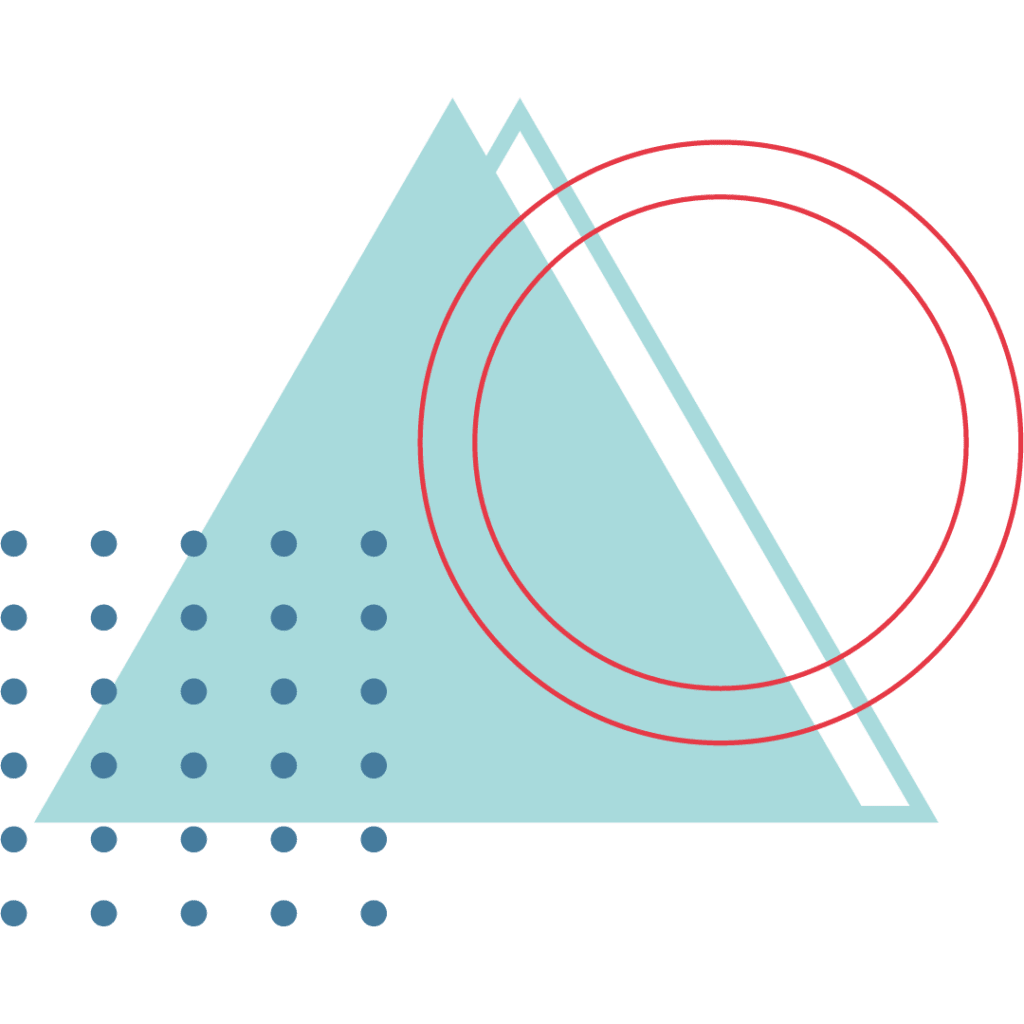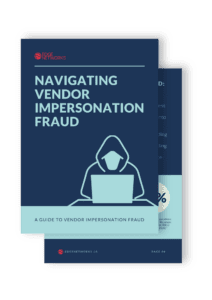- Services
By Need
By Tactic
Leadership & Strategy
Increase leadership resources, align cybersecurity with your company's mission and strategy
Cybersecurity Operations
Remove operational resource constraints, improve outcomes
Governance, Risk, & Compliance
Eliminate inefficient GRC processes - and spreadsheets
- Clients
- Resources
Cybersecurity Compliance
In the ‘Recover’ phase of NIST CSF, compliance is the backbone that guides organizations in restoring operations securely, adhering to legal requirements and safeguarding vital data, creating resilience and trust.

Don't lose data.
Don't lose customers.
Don't lose reputation .
We get it, industry compliance standards are hard to keep up with and are frankly, time consuming.
Don’t worry, we have decades of combined experience and all the time in the world dedicated just for our clients.
How it works:

1. Assess Goals
Uncover your vulnerabilities with testing, assessments, and compliance checks.

2. Analyze Gaps
Uncover your vulnerabilities with testing, assessments, and compliance checks.

3. Fill In Gaps
Uncover your vulnerabilities with testing, assessments, and compliance checks.
Stop stressing about cyber attacks and compliance standards. Start feeling safe and secure.
NIST CSF
We focus on assisting companies in aligning with NIST-CSF, a free, open-source framework that establishes foundational principles for cybersecurity maturity.


Compliance Standards
With our GRCaaS (Governance, Risk & Compliance as a Service) offerings, we can act as your compliance champion and simplify the entire process for numerous compliance frameworks. We’ll perform an initial assessment, help you roadmap your path to improvement, and be there for questions and guidance every step of the way.
Risk Management
Through our managed GRC services, we’ll help build out your asset inventory to guide you through the asset risk identification process, provide assistance assessing your vendor risk scores, and help build out your risk register.


Download our latest white paper on Vendor Impersonation Fraud
Vendor Impersonation Fraud is one of the most common scams across industries and can occur from one or multiple sources in a very sophisticated manner. If not detected, it can cost businesses severely.
Protecting and streamlining fast-growing, leading companies with cutting-edge cybersecurity.








Trusted Partnership
We have 15+ years of experience, a 5-star rating on Clutch, numerous service awards, and countless repeat customers.
Personalized Support
A one-of-a-kind plan for each of our clients. No cutting and pasting; constantly innovating.
Resource Depth
Full-stack technology and full-stack support. We make sure everything is covered.
